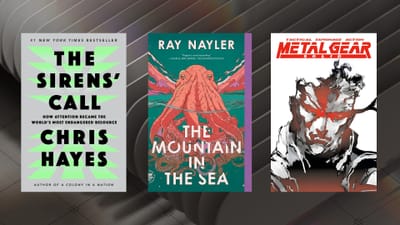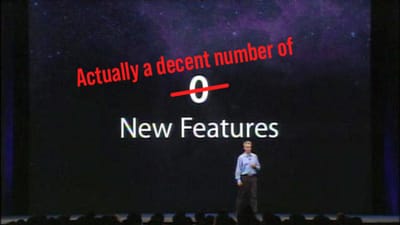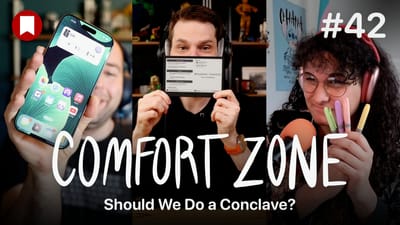Just Like the 5th Most Popular Bar in Town, Twitter Isn’t the Town Square
Some people like to call Twitter, “the modern town square,” and that this distinction means that everyone should be able to talk there, everyone should be able to say what they’d like, and any limits on those things is censorship.
I understand this argument to an extent. I’ve personally said that one of the big reasons I’ve not switched away is that most people are on Twitter and that’s part of its value. Why would I go to Mastodon with it’s far smaller user base when most people on there are also on Twitter, for example?
But why do we give Twitter this distinction? Is anyone calling Facebook a town square? It’s also a text sharing app at its core and it’s an order of magnitude more popular than Twitter, so shouldn’t that be the “town square” of the internet? Or how about YouTube, TikTok, or Reddit, all of which has way more users, and both of which let ordinary people have their words heard by larger groups of people?
The truth is that Twitter is disproportionately used by people who write blog posts like this or news articles for those who work for your favorite news sites, so it occupies an outsized part of our brains. People don’t say Twitter is the “town square” because it’s where everyone comes to talk, it’s because it’s where people like them come to talk.
In my opinion, the world wide web is the “town square” and Twitter is a private business that people hang out in and wax poetic (or shitpost) about the world. It’s a bar, and just like any bar, it can have rules for what you can and can’t say inside it, and it has every right to kick you out if it think you’re breaking its rules or making the experience bad for other customers.
“If you aren’t paying for the product, you are the product,” is said a lot, and since Twitter is free, maybe we’re not the customers in the bar, we’re the drinks? Maybe the snacks? Am I an IPA?
Anyway…
My point here is that Twitter is a really great place to chat with a wide group of people, and I’ve met tons of people and heard stories from people with different perspectives than me on Twitter, and that’s been awesome. But people will tell you the same things about their local coffee shops and no one is suggesting those bars are the town square in the real world (especially if they’re like the 4th or 5th most popular bar in town).
I would argue that the internet itself is a “town square” and that effectively no one should be limited from using the internet. This blog post is in the “town square” and anyone and everyone can read it if they’d like. I could have made this a thread on Twitter or a post on Reddit or Facebook. It could have been a video on YouTube or a TikTok. It could have been a screenshot of text on Instagram. I could have posted on any of the many Twitter clones out there as well, and any of these choices would be examples of me using my free speech rights to express myself.
Twitter is just one place to share ideas online, and it’s been a place I enjoy visiting for years, but that doesn’t mean it’s a “town square” by any means. It’s a business just like your local bars, and there can be rules around what is said there, people can be banned for inappropriate behavior, and there are plenty of other places to share ideas if you’d like.
A notable man-child recently said something to the effect of, “I hope my critics stay on Twitter because that’s what free speech is all about,” and no, absolutely not. Free speech is about me being able to speak without the government punishing me for having ideas it doesn’t like. That doesn’t mean I can use hate speech at my local bar. If my bar decides that hate speech is allowed tomorrow, it will make the experience worse for all customers and they’ll go elsewhere. It’s the same with Twitter.
Should there be something like Twitter that actually is a digital public town square? Again, I think that the internet itself is the best analogy we have today, but if we want something like Twitter specifically, then we should make it and it should be owned by the people, not by a corporation, and certainly not by one individual.


